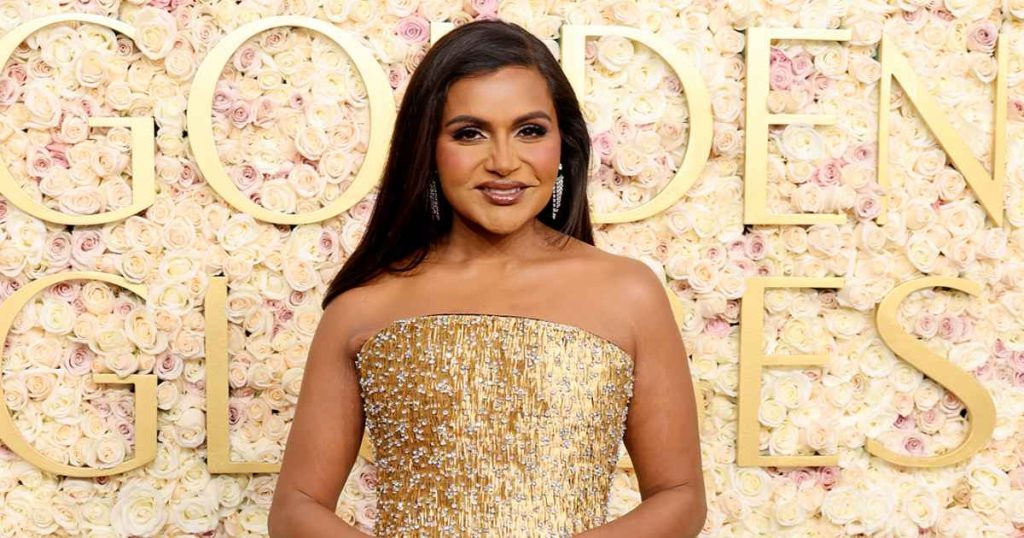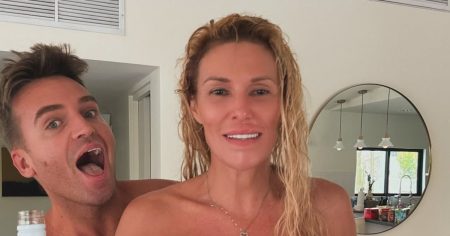Mindy Kaling’s journey with health and body image has been a candid and evolving one, marked by both public pronouncements and personal reflections. From her early days in the spotlight to her current status as a successful actress, writer, and mother, Kaling has openly discussed her experiences with dieting, exercise, and self-acceptance, offering a relatable narrative for many who grapple with similar challenges. Her story begins with early attempts at weight control, influenced by societal pressures and personal insecurities, and progresses through various phases of self-discovery and evolving perspectives on wellness.
Kaling’s initial foray into dieting began in high school, sparked by a classmate’s hurtful comment about her appearance. This led to a restrictive eating pattern, where she consumed only half of her meals and avoided desserts. This "makeshift diet formula," as she described it in her memoir, Is Everyone Hanging Out Without Me?, reflects the common experience of young people internalizing external pressures about body image and resorting to unhealthy methods to conform to perceived ideals. While this approach initially helped her maintain her weight, the transition to college brought new challenges. The freedom and social dynamics of college life resulted in a significant weight gain, prompting her to explore other methods of managing her weight.
The introduction of exercise in college proved to be a turning point for Kaling. Through physical activity, she successfully shed the weight gained during her freshman year. However, her relationship with her body remained complex. She declared herself "chubby for life," citing a lack of hobbies beyond dieting, a perceived lack of discipline, acceptance from romantic partners, and a general contentment with her appearance. This statement, while seemingly self-deprecating, reveals a nuanced perspective. It acknowledges societal pressures to conform to a specific body type while simultaneously asserting a degree of self-acceptance and prioritizing factors beyond physical appearance. This marked a significant shift from her earlier, more restrictive approach to weight management.
Kaling’s approach to wellness further evolved as she navigated motherhood. Welcoming three children between 2017 and 2024 brought new physical and emotional changes. The experience of pregnancy and postpartum recovery prompted a reevaluation of her health priorities. While she has not publicly detailed specific regimens or programs, her focus shifted towards overall well-being rather than solely weight management. This transition reflects a growing understanding of health as encompassing more than just physical appearance, encompassing mental and emotional well-being. Motherhood likely provided a new perspective, emphasizing strength, resilience, and nurturing oneself for the sake of her children.
One constant throughout Kaling’s journey has been her candor. Whether through her writing, interviews, or on-screen portrayals, she has consistently shared her experiences with humor and honesty. This openness has resonated with many, particularly women, who often face societal pressures regarding body image and weight. By sharing her struggles and triumphs, Kaling has fostered a sense of community and encouraged a more accepting and inclusive conversation around body positivity. Her willingness to discuss her experiences, both positive and negative, has helped destigmatize the challenges of weight management and promoted a healthier, more balanced approach to wellness.
In conclusion, Mindy Kaling’s journey with health and body image has been a continuous evolution, marked by early struggles with restrictive dieting, the discovery of exercise as a tool for weight management, a complex relationship with self-acceptance, and a shift towards holistic wellness after becoming a mother. Her openness about her experiences has made her a relatable figure for many who navigate similar challenges, promoting a more nuanced and compassionate dialogue around body image and overall well-being. Kaling’s story highlights the importance of self-acceptance, prioritizing health beyond just physical appearance, and finding a balance that works for each individual, regardless of societal pressures.










